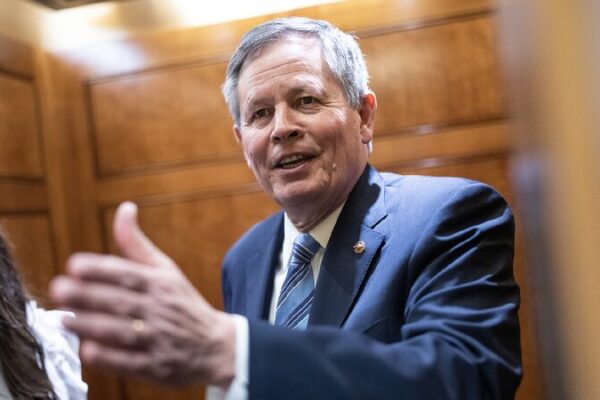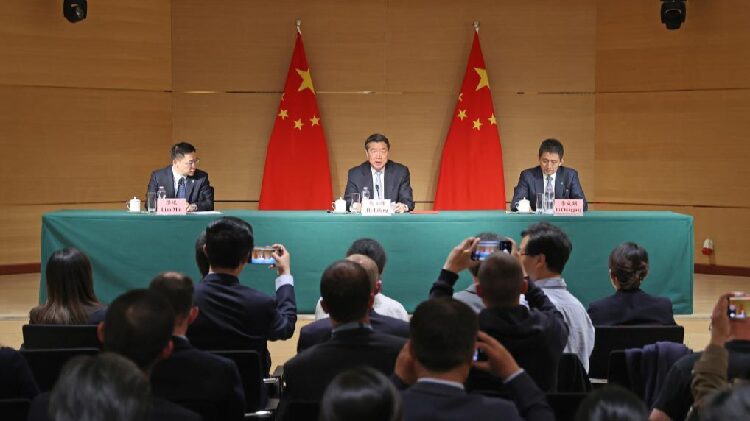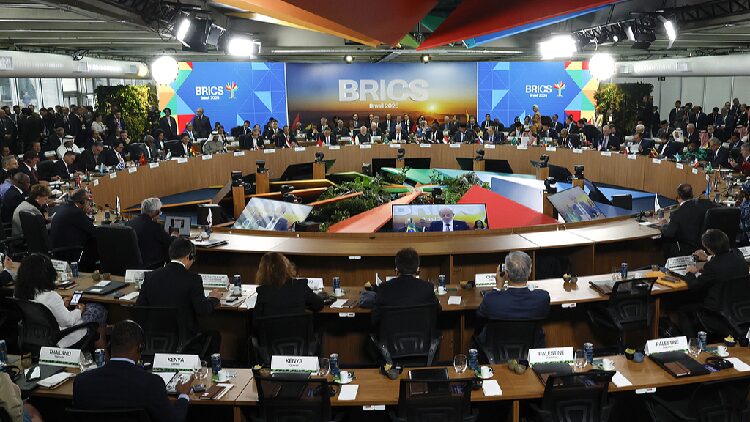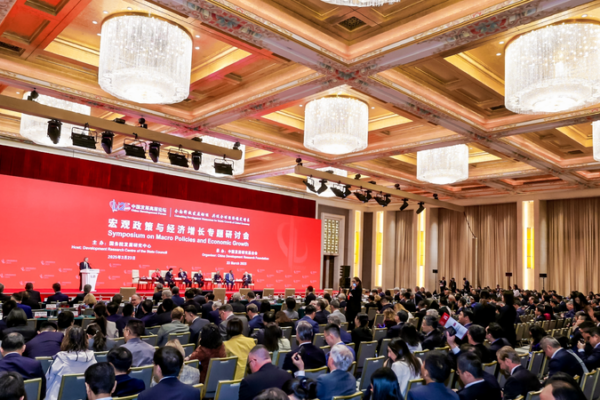Chinese Premier Calls for Cooperative Solutions in U.S.-China Trade Dispute
Chinese Premier Li Qiang has urged for greater cooperation between China and the United States to resolve ongoing trade imbalances. Speaking on Sunday at the China Development Forum 2025 in Beijing, Li emphasized that expanding collaboration is key to tackling economic challenges and fostering mutual benefits.
In a meeting with U.S. Senator Steve Daines and American business leaders, Li highlighted that China-U.S. relations are at a critical juncture. “History has shown that both nations gain from cooperation and lose from confrontation,” he said. Li called for dialogue over conflict and a shift towards a win-win mindset instead of zero-sum thinking.
Li encouraged the United States to engage in open communication to build trust and address concerns. He stressed the importance of mutual respect and peaceful coexistence in promoting stable, healthy, and sustainable development of bilateral relations.
Underscoring economic and trade cooperation as the cornerstone of China-U.S. relations, Li acknowledged the significant progress achieved over past decades through joint efforts. He emphasized that during times of difficulty, it is even more crucial to preserve and advance economic and trade ties.
“No one benefits from a trade war,” Li stated, noting that imposing tariffs does not lead to development and prosperity. Instead, he suggested expanding the “pie of cooperation” to address trade imbalances and create shared benefits.
“China always welcomes companies from all over the world, including the United States, to share development opportunities here,” Li said. “We will actively address their legitimate demands, treat domestic and foreign companies as equals, and continue to foster a sound business environment.”
American business representatives at the forum acknowledged China’s tremendous transformation in recent decades. They expressed continued support for China’s development and a willingness to increase investment, strengthen dialogue, and contribute to the sustainable growth of bilateral relations.
Reference(s):
China, U.S. should tackle trade dispute through cooperation: premier
cgtn.com






